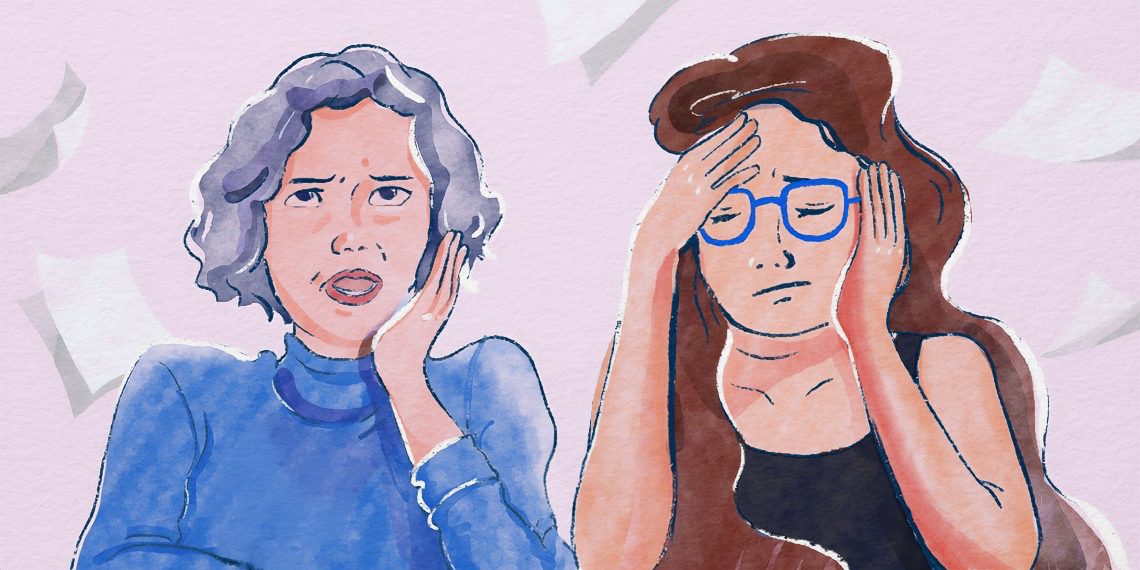How rudeness and envy at work harm productivity, engagement

Dealing with a rude colleague or boss isn’t just a quick frustrating moment, it’s actually a long-term hindrance to productivity and engagement.
Research from the Academy of Management found that rudeness, regardless of source, hurts performance on routine and creative tasks, ultimately discouraging people from helping others at work. Additionally, it decreases helpfulness.
It leaves people feeling uncomfortable, unwelcome and unwilling to put their best effort forward knowing that someone is treating them that way.
“Rudeness cognitively and emotionally impairs us and that distracts us from work,” said Niels Van Quaquebeke, professor of leadership and organizational behavior at Kühne Logistics University and Academy of Management subject matter expert.
One of the first questions someone might have is why is this person being rude? Additional research from the Academy of Management found that envy is a common trait that shows up in the workplace, which often results in an envious person being rude. That, too, has a ripple effect. Its research suggests that envy highlights the importance of considering how people interpret emotions in the workplace.
Van Quaquebeke says that envy starts with comparison, which is especially easy to do nowadays with the increase of access to information, including workplace information both externally, on things like LinkedIn, and internally, when key metrics are tracked and shared.
Additionally, some managers might be outspoken about who is doing their job well or not so well. If someone is in a higher standing, another person might become envious even though there was no bad intention behind it. “It’s a fertile ground for envy,” said Van Quaquebeke.
For example, Nicholette Leanza, a licensed therapist at LifeStance Health, has one client who is envious of another colleague because she’s been overlooked for promotions and projects. While the client and the colleague were once friends, her client no longer likes her, gets snippy with her, and shows rudeness towards her. That’s all despite the colleague not doing anything purposefully to upset her.
When a colleague is envious, they usually proceed with one of two options: accept the challenge and use it as a motivator, or perceive it as a threat and sabotage the situation. A third, less chosen option, but one that Leanza works with her clients on, is less reactive and encourages the envious person to consider why they feel that way before they turn to rudeness.
“It’s looking at one’s own behaviors and feelings and figuring out what is fueling this envy and jealousy,” said Leanza.
But while your mind is occupied with choosing how to navigate feelings of envy towards another coworker, it’s not doing another thing: working.
“You spend a lot of cognitive and emotional resources on it that could otherwise go into other productive processes,” said Van Quaquebeke.
Hakan Ozcelik, a professor of management at Sacramento State University and Academy of Management subject matter expert, says that with the worst cases of envy, workers are actually upset with their managers more than anyone else. When they see that their supervisor has a strong working relationship with their colleague, but not them, it leads to those feelings of envy and resentment. “It puts a toll on the employee,” said Ozcelik.
“People leave their jobs when they learn that a comparable colleague is getting more money than them,” said Ozcelik. “But not because of the money, but because of that feeling that they’re being treated differently and unfairly. That feeling of unfairness, combined with the feeling of envy, drive employees’ interactions to disfunction.”
And when that happens, Ozcelik’s research has shown that the sentiment transcends past just the relationship with the manager, but the relationship with the entire organization. It’s easy for those feelings to grow into increased feelings of loneliness over time, and that’s when people look elsewhere.
“It’s not just envy that people experience one day and people forget about the next,” said Ozcelik. “It’s not just they don’t like the supervisor and that’s it. We don’t stop there and start making attributions that the negative relationship is just the tip of the iceberg. Managers have to be cautious about how they balance their relationships.”


